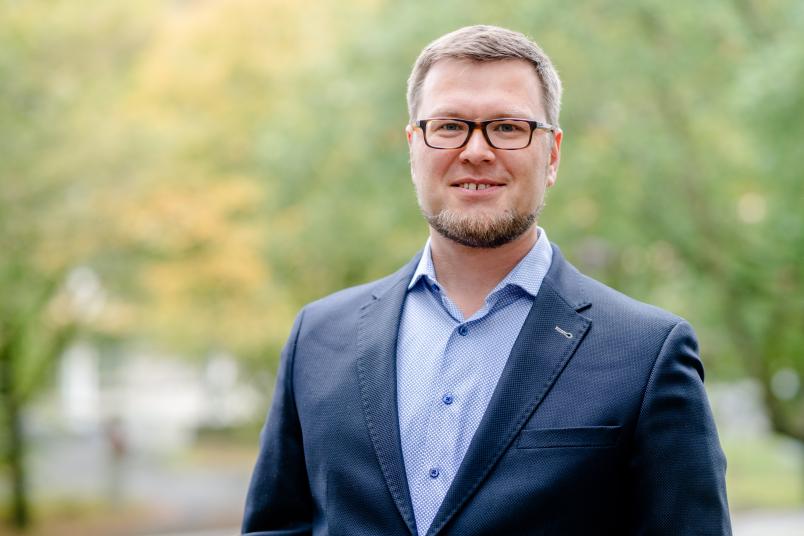
Ethics
When values no longer seem to fit
Artificial intelligence, smart surveillance and other digital technologies demand new moral conceptions for life under new conditions.
If digitalisation continues at the current rate, the need for intellectual tools for ethical navigation will continue to grow at a rapid pace. The fact that technical innovations confront people with completely new situations in all areas of life is, of course, not unique to digitalisation. Time and again, individuals, but also entire societies, have been asked to account for their actions in a new way, because established moral values no longer fit well with the changed realities.
Today, digital methods such as artificial intelligence and digital technologies – from smart video surveillance to Wikipedia – are revolutionising the central conditions of human activity; they also require new concepts of how we want to live ideas like autonomy, freedom, security and equality under new conditions. One of the central challenges of ethics in the digital age is to justify such orientational approaches in a secular and science-based manner, while at the same time meeting the demands of a pluralistic democracy.